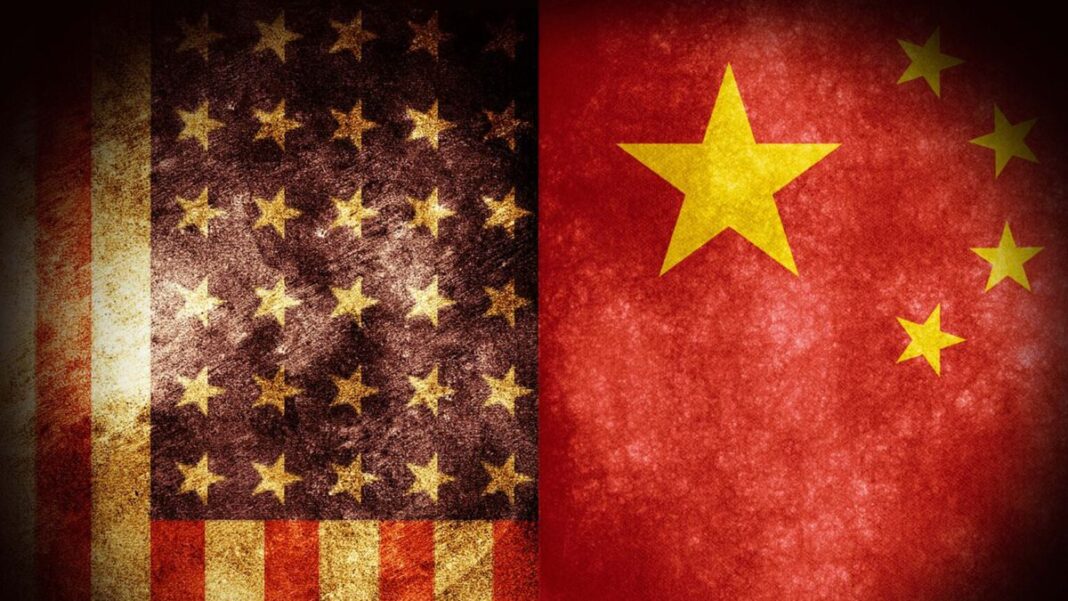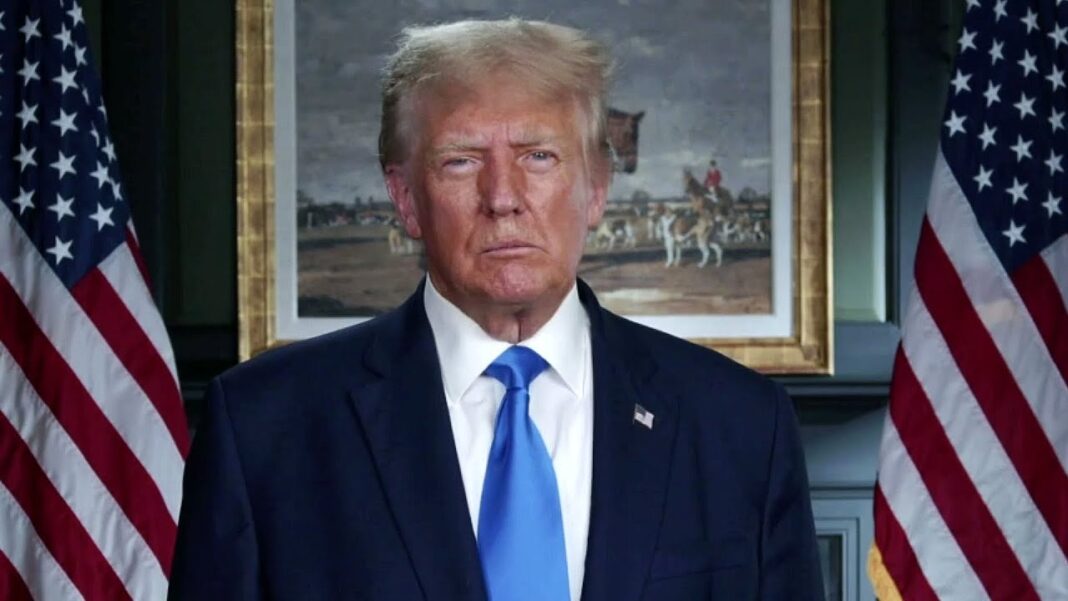The growing tensions between Washington and Beijing are posing new challenges for American small businesses and investors even as the two nations keep talking about limiting their policy misunderstanding and easing the tech barriers, according to experts.
U.S. founders and investors say that when money is scarce, the new constraints on investments in advanced technology in both nations are exacerbating a slump in deals between small- and medium-sized enterprises in the world’s top two economies.
“There is nothing bigger than the current trade tensions between the U.S. and China [for a U.S. investor], Gary Dugan, chief investment officer at the UAE-based Dalma Capital, a global alternative investment platform and an avid China investor, told The Epoch Times.
“Post the last U.S. presidential election, U.S. investors were looking forward to a far less confrontational stance on trade issues from the U.S. However, this has not come to pass.”
On Aug. 2, President Joe Biden issued an executive order restricting investments by U.S. venture capital, private equity, and joint ventures in Chinese artificial intelligence, quantum computing, and semiconductors.
The order, which expanded a previous order by former President Donald Trump, was part of the Biden administration’s broader strategy to counter communist China’s rising influence and challenge its human rights abuses, trade practices, and technological ambitions.
On the same day, the administration also expanded its review of Chinese investments, particularly those with possible military uses or implications for national security.
Responding to the U.S. restrictions with criticism, concern, and countermeasures, Beijing has retaliated against the measures by imposing sanctions on some U.S. individuals and entities, banning some U.S. companies, like Micron Technologies, from doing business in China, and launching an anti-monopoly probe into some U.S. tech firms, such as like Deloitte, Bain & Company, Capvision, and Mintz Group.
Additionally, Beijing has imposed currency controls to limit capital outflow, making it harder for Chinese investors to fund U.S. startups.
“The restrictions placed on trade are moving fast … provides little definition to how the U.S. and China will work with each other in the future,” said Mr. Dugan. “The restrictions on [the] transfer of technology and the flow of products and services, for instance, remain very fluid and open to many interpretations.”








